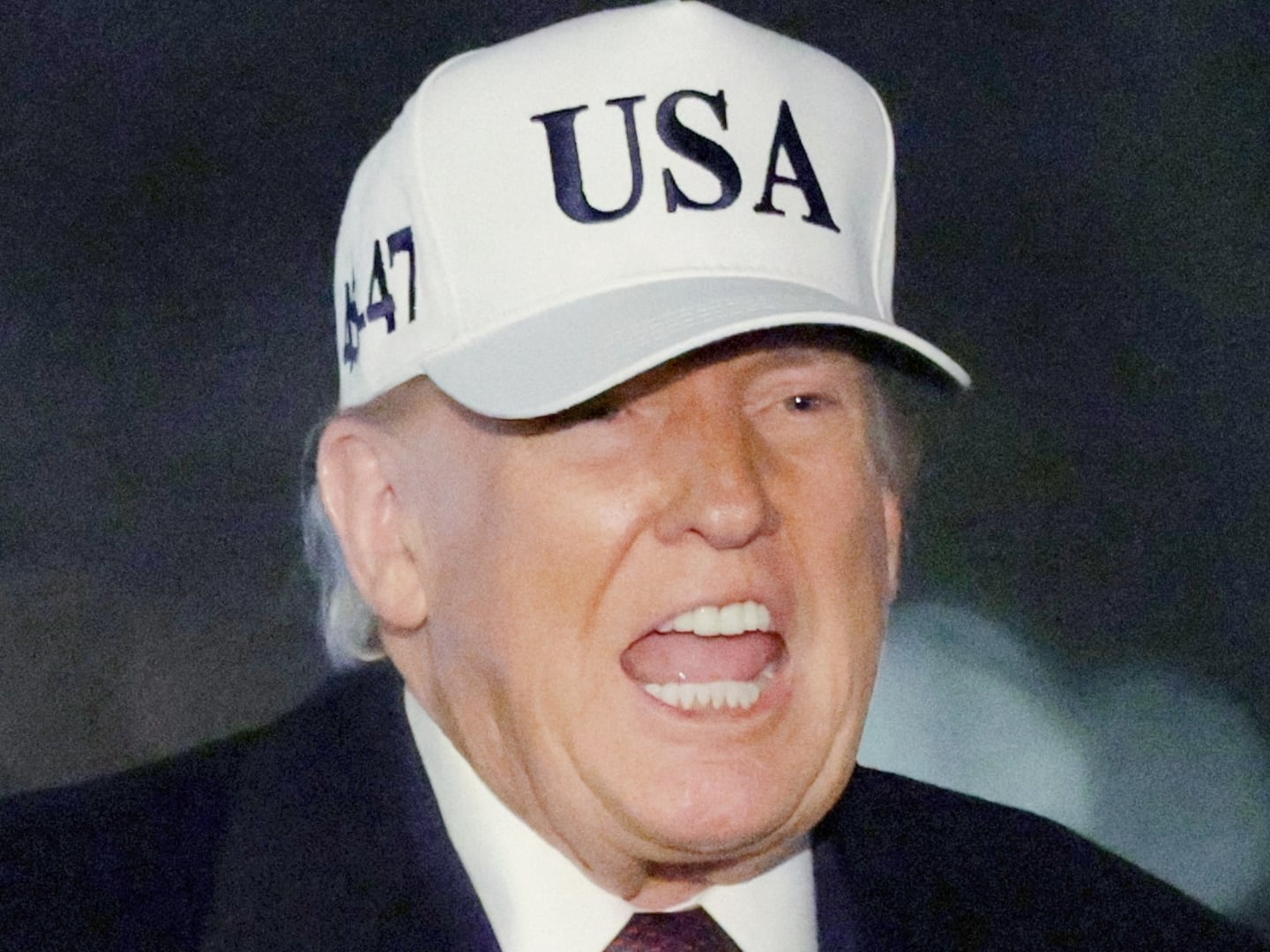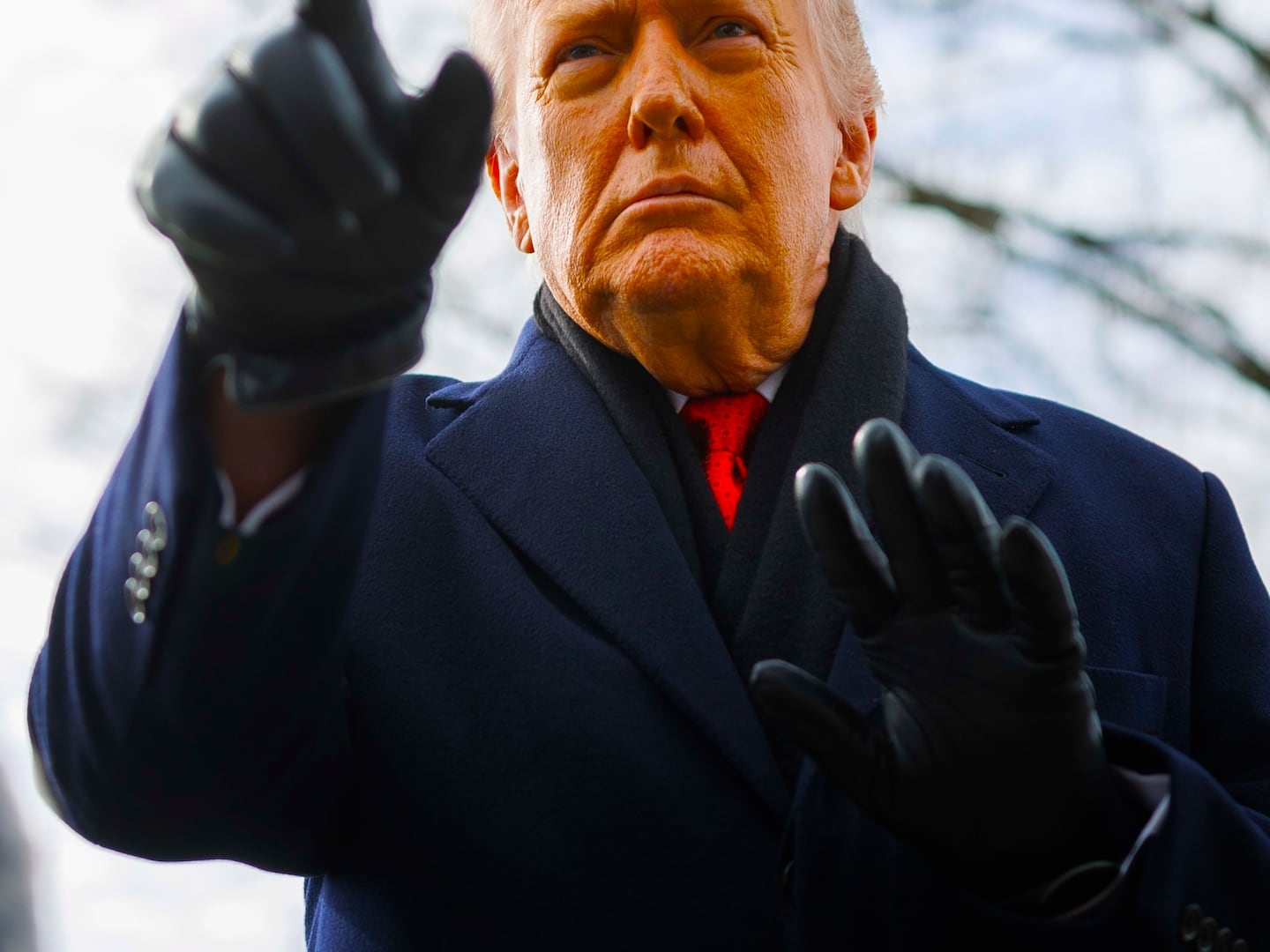
Starbucks CEO Howard Schultz has joined the ranks of Apple’s Steve Jobs and Google’s Larry Page by giving up his massive salary. It’s a goofy stunt destined to annoy employees and investors.
We have another name to add that most rarefied group of public-company CEOs in America: the $1 Club. Alongside the names of Steve Jobs of Apple, Larry Page and Sergey Brin of Google, John Mackey of Whole Foods, and Richard Fairbank of Capital One, we can now add Howard Schultz of Starbucks.
The $1 salary mostly reminds employees how crazily overpaid the CEO was in the first place.
To be fair, Schultz of Starbucks isn't actually being paid $1. He asked to be paid $1, but his board decided that Schultz, the struggling coffee company's founder, should be paid $10,000. Were they worried about his ability to make medical co-pays? They shouldn’t be. The 55-year-old Schultz—one of the most successful and smart entrepreneurs of the last 100 years—is worth an impressive $1.1 billion. Even if he has drawn down on that a little, he'll make out OK.
But whether it's $1 or $10,000, this sort of PR stunt is dubious and transparent: Let's show our solidarity with working folks by having the CEO feel pain, too—and then look like nice guys when the media write about it.
People are (mostly) smarter than that. Far from driving home CEO solidarity and shared pain, the $1 salary mostly reminds employees how crazily overpaid the CEO was in the first place. CEOs like Schultz can take massive salary cuts because they earn $15 million to begin with. Matter of fact, they can get by fine without any salary at all.
Real people can't. If a typical employee making $25,000 got hit with a 15 million-to-one salary reduction, he or she would see their compensation drop to 0.2 cents—two-tenths of a penny.
Fine, but investors must love it, right? Cost savings uber alles, etc.? Not really, or at least not thinking ones. Investors know that a few million salary dollars saved is a meaningless sum in a typical Fortune 500 company. It won't change anything in a company already in such dire straits that it has decided to try out the meaningless gesture of cutting its CEO's salary to near nada. The only reason investors care about such things is if they think that there are other investors out there dumb enough to care. Then, of course, it's great idea. Otherwise, it's just silly.
OK, you might say. But at least the $1 CEO feels my pain. Try again. Slashing a Fortune 500 CEO's salary to diddly doesn't mean you'll suddenly see them at the neighborhood recycling station on weekends bringing in used copper piping. The average CEO is already wealthy, many of them—like Starbucks' Shultz—absurdly so: The median CEO has shareholdings in excess of $55 million, on top of an already-impressive personal wealth. Cutting a salary to $1, while annoying, is unlikely to change anything about their personal economics, from selling homes to cutting back on regular vacations. Where the average person scrapes and scrounges with less than a month of savings, if any at all, the message of cutting a CEO's salary to $1 is that the average CEO can motor along happily without a salary. Remind me again, how is that supposed to assuage the irritation of recently laid-off employees?
And $1 isn't always a dollar, anyway. A decade ago, Apple founder Steve Jobs returned triumphantly to his then-struggling company. It paid him $1 and has not raised his salary since. Now, does that mean Jobs has earned, oh, let see ... $10 over the last decade? Don't be silly. Jobs has made more than $1 billion over the period, mostly from stock options, and his company furnished him witha Gulfstream jet. And, to be fair, his shareholders have done well, too, with the company's outstanding performance. But you can't say the same thing about Capital One's Richard Fairbanks, with his $1 salary in 2007 turning magically into $20 million in total compensation, despite his company's stock losing 80% over the last two years. In short, there is a $1 salary (call it the "tall" size), and then there is a $1 salary (call it the "venti").
What are we left with? Not much. A $1 salary isn't often a $1 salary; the cost savings of buck-a-CEO gambits are generally meaningless; and the whole exercise mostly reminds employees that CEOs are overpaid and have no clue what it's like trying to live on $25,000. This is the best that companies can come up with when their companies are in crisis? Yes. Need any more reminders why CEOs are among the most reviled people in America?
Paul Kedrosky is the editor of the business blog Infectious Greed. He is a senior fellow at the Kauffman Foundation, where he is focused on entrepreneurship, innovation, and the future of risk capital, as well as a strategist with Ten Asset Management, an institutional money-management firm in Southern California.






